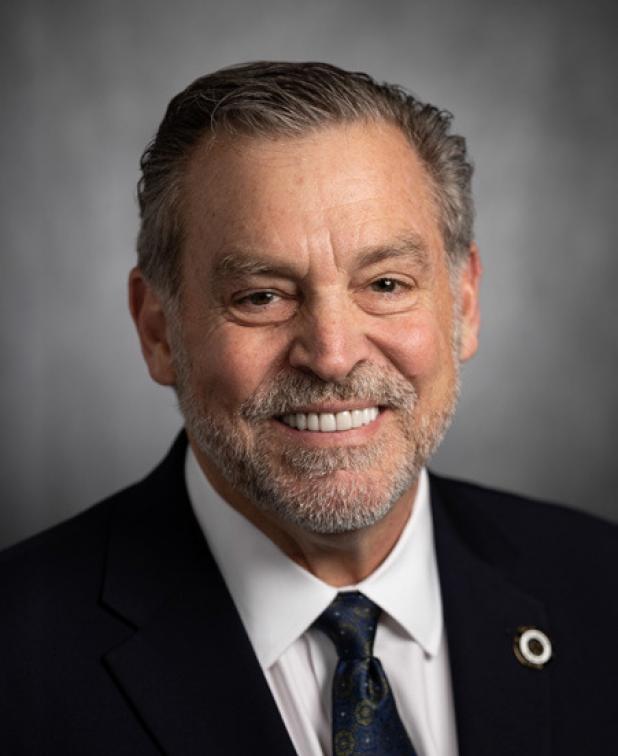

House candidates talk mental health
The Enterprise recently interviewed the two candidates running to represent Olney in the Texas House of Representatives about issues facing District 68. David Spiller, the Republican incumbent, and Stacey Swann, an author and teacher from Lampasas County, face each other in the Nov. 5 general election.
The Enterprise queried the two candidates on their positions on school vouchers, water, mental health funding, immigration and abortion.
This is the third in a five-part series exploring their stances on those issues.
The Enterprise: The Cities of Olney and Graham, and Young County lobbied last year for funding for mental health services after several residents died of mental health-related causes and inability to access services in our remote town. We did not receive funding. What can be done about this lack of services?
Mr. Spiller: Mental health is a huge issue in House District 68. If you were to ask each of my Sheriffs in all 12 counties what the number one challenge facing them in law enforcement would be, I anticipate that they would each say mental health. At any given time, on average, at least onethird (1/3) of all county jail inmates are classified as having mental health issues. As a member of the Texas House Appropriations Committee this past session, we recommended – and the legislature adopted a budget – that appropriated $9.4 billion for mental health, including $1.6 billion for mental health bed capacity. Realizing the effect of that investment in mental health is not an overnight process, especially in rural areas.
I will continue to work to increase state funding to ensure timely and appropriate access to inpatient and outpatient, community-based services and supports for rural Texans with a behavioral health diagnosis.
In rural areas especially, we need to be able to access appropriate diagnosis and treatment options by utilization of telehealth processes, and receive necessary funding for those processes.
Ms. Swann: It’s so frustrating to hear about a community being proactive and finding an innovative solution to an existing problem, only to have the government ignore both the work behind it and the dire need of the town.
Too many mental health projects in Texas go unfunded because they don’t have a law enforcement component. This points to a fundamental problem with the way Texas leaders view mental health. Their lens is that mental health generates crime, and so it should be addressed through law enforcement. This is short-sighted. We must look at mental health as an important part of health care for all citizens. When we address it that way, when we start treating people before they wind up in our criminal justice system, then we’re automatically going to reduce the number of people in the jails and prisons that law enforcement has to take care of. One way to address that is through our state’s funding priorities: we need to stop putting the focus on law enforcement to the exclusion of health care. We need to stop letting so many people fall through the cracks in the system.
Texas also needs to expand Medicaid within the state. We are leaving federal dollars on the table, and some of those federal dollars could be used for mental health care for people who qualify for the expanded Medicaid system. Medicare expansion would also bring additional dollars to our stressed rural hospitals. For too long, Texas has underfunded mental health. There’s just not enough money devoted to it, and I think this disproportionately impacts rural areas. This is particularly frustrating knowing that, right now, Texas is sitting on a $32.7 billion surplus. Our surplus is bigger than the entire budgets of more than twenty other states! When you’ve got that big of a state surplus, the government is either taxing citizens too much or not providing essential services. While we all have been struggling under the property tax rates recently, the main cause of that surplus is neglecting the essential services Texans deserve. They are services that save lives, and if we put an effort into expanding them, we can avoid future tragedies like the ones Olney faced.
